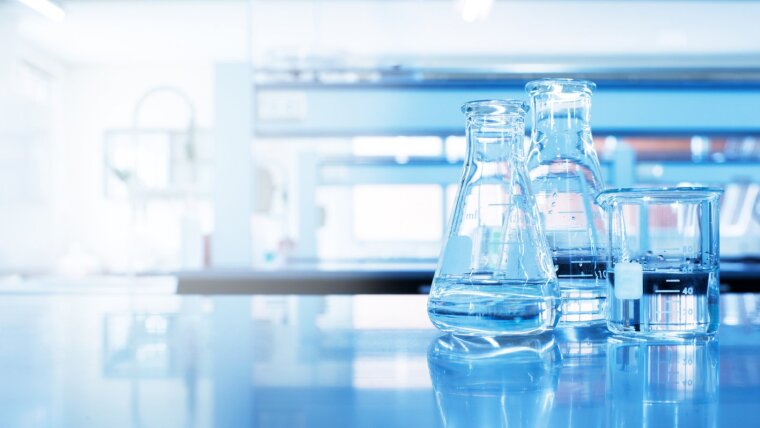In order to analyse and research complex processes of degradation such as the degradation of micro pollutants by algae and their associated bacteria, water samples will be examined using a variety of accurate methods of analysis. The methods for such complex analyses exist and are already widespread today. However, while data evaluation and analysis are often automatized, the work steps of sample analysis and especially of sample preparation frequently still entail a multitude of tasks that have to be executed manually, especially when researching complex relationships and when combining different analysis methods. Existing solutions for the automatization of sample preparation are only available for selected analysis methods. This forces users to use a variety of different solutions for automatized sample preparation.
The project is conducted by Analytik Jena GmbH+Co. KG and the Institute for Inorganic and Analytical Chemistry of Friedrich Schiller University Jena and aims to develop an automated, modular, and scalable probe preparation platform (‘variable Analysen-Platform VANAPLA’, adjustable analysis platform). This platform will make it possible to process probes and make them available for a variety of subsequent analysis methods. The modular nature of the platform makes it possible to adjust the process of probe preparation to different processes, to combine probe preparation strategies, and to provide processed probes for different detection methods. The automatization of probe preparation allows the analysis of a larger number of probes and their processing in a standardized manner. Experiences with the automatization of analysis processes made with the OMICS technologies show that the deliberate analysis of a larger number of probes markedly reduces the scattering of the measured results.
The analysis platform is initially to be developed using the example of an investigation into the degradation processes of micro pollutants through algae and their associated bacteria. One potential application site of the platform can be found in conventional treatment plants that utilize mechanical-biological water treatment and, by today’s state of the art, are not designed to remove specific micro pollutants from wastewater. The active taking of probes with automatised probe processing will make an important contribution to the assessment of micro pollutants and heavy metals in bodies of water as it will allow the gathering of data about the dynamic discharge, persistence, degradation, and sequestration of said micro pollutants and heavy metals.


